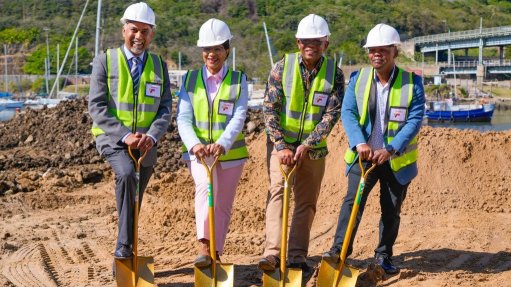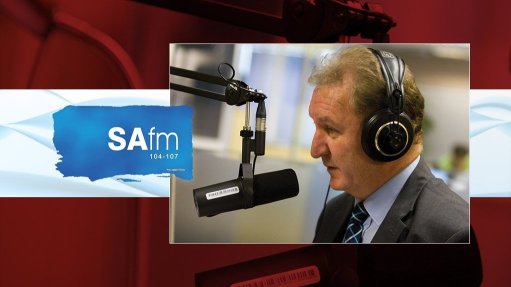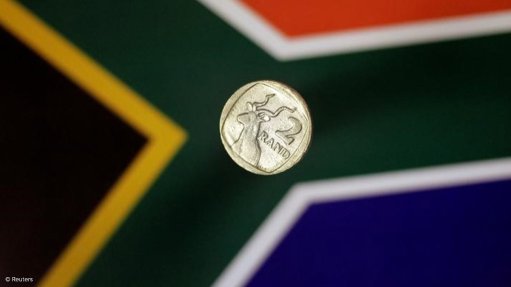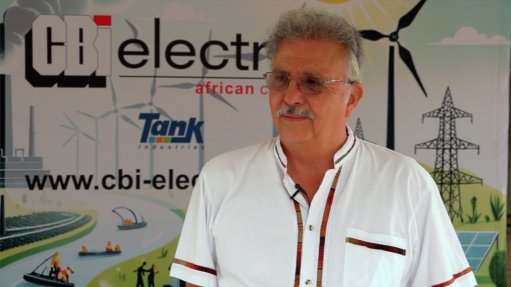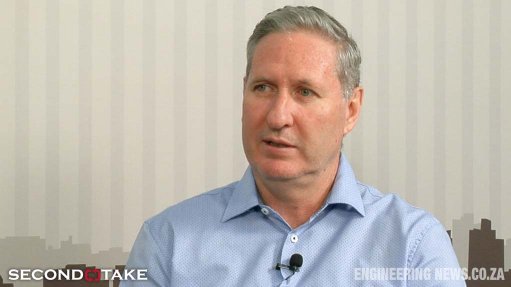Tax incentives, grants part of govt’s long-term strategy
Tax incentives and grants received a specific mention in Finance Minister Pravin Gordhan’s Budget speech this year, which shows these are an important part of government’s medium-term strategy. It is also clear that the green economy is an important part of government’s plans. I set out below Cova Advisory & Associates’ commentary on the areas we specialise in, namely government grants and incentives, as well as environmental taxes.
Government Grants and Incentives
The 2014/15 allocation in the Department of Trade and Industry (DTI) Budget Vote for government grants is R5.5-billion, which is virtually the same as the 2013/14 allocation of R5.4-billion. The good news, however, is that, for the following two years, the incentive budget allocation increases by 12.8% a year. The total allocation for the DTI incentives over the next three years is R18.8-billion. It is worrying that there has been a R550-million reduction in incentives in the 2014 medium-term expenditure estimate, compared with the 2013 medium-term estimate. The reduction relates mainly to the special economic zones (SEZs) programme, as the legislation is still being finalised.
The total tax foregone through tax incentives, including personal tax rebates, value-added tax exemptions, Section 11D research and development incentives and Section 12G industrial programme incentives was R108-billion for 2011/12 tax year, which is still around 15% of total tax revenue collected. Sixteen per cent of this support is given to the motor industry. It is clear, if one adds up the benefits under the customs programme (APD/MIDP) and the DTI grant programme (AIS), that the motor industry is the biggest recipient of government grants and incentives.
I recommend that incentives and grants be used to link the key pillars of industrialisation, job creation, supplier development, innovation and localisation. While it is clear that doing this will be a challenge, government needs to use grants and incentives to link these initiatives. If it does not, this will be a wasted opportunity.
The SEZ budget line was not spent in the current year and this trend is expected to continue next year. From 2015/16, a doubling in expenditure to R1.2-billion on SEZs is expected, which is in line with expectations, as the SEZ Bill will only be legislated in the current financial year.
No comment was made regarding the 15% corporate tax rate for SEZs and there was also no mention of an extension to the ten-year SEZ window period.
The Enterprise Investment Programme, which focuses mainly on supporting new investment projects by small and medium-sized enterprises, closed in September 2013. There has been no announcement in the Budget speech regarding its replacement, and this implies that there are no incentives for small and medium-sized new entrants into the manufacturing sector. This is a concern, especially given government’s drive to create manufacturing opportunities for black business through the localisation and supplier development initiative.
Carbon Tax
As I expected, the National Treasury has postponed the introduction of a carbon tax by a year – to 2016. This postponement is justified by the need to align the design of the carbon tax to the desired emission reductions and to allow for consultation on the carbon tax legislation with stakeholders. The Department of Environmental Affairs is currently working on defining the emissions reduction requirements for South Africa and South African businesses.
The delay does not mean the end of the carbon tax. Rather, the National Treasury has reaffirmed its commitment to introducing a carbon tax in South Africa. The Budget Review states that 94% of companies responding to the Carbon Tax Policy Paper in May 2013 support the policy objective of reducing carbon emissions. It was surprising to note that more than half of the respondents were in favour of a carbon tax.
Following consultation with stakeholders, the design of the carbon tax will be modified as consideration is given to the following:
• lowering the electricity levy;
• investigating the impact on international competitiveness;
• rewarding companies that overperform (are better than average/benchmark);
• the use of offsets to reduce a company’s carbon tax liability by between 5% and 10%;
• recycling of a portion of the revenue collected to the energy efficiency tax incentive under Section 12L of the Income Tax Act (this is worrying, since Section 12L is a tax incentive and not a grant that is disbursed by government);
• alignment of mandatory reporting of emissions and the carbon tax (reporting of carbon emissions is expected to be mandatory for emitters above a certain threshold, and this is currently being investigated/designed by the Department of Environmental Affairs);
• improving public transport and installing solar water heaters by providing incentives to reduce the impact of the tax on households; and
• refining the research and development tax incentive to support the development of green technology.
It is government’s intention that the carbon tax and the energy efficiency tax incentive will provide price signals to promote the green economy over the long term.
Article Enquiry
Email Article
Save Article
Feedback
To advertise email advertising@creamermedia.co.za or click here
Comments
Announcements
What's On
Subscribe to improve your user experience...
Option 1 (equivalent of R125 a month):
Receive a weekly copy of Creamer Media's Engineering News & Mining Weekly magazine
(print copy for those in South Africa and e-magazine for those outside of South Africa)
Receive daily email newsletters
Access to full search results
Access archive of magazine back copies
Access to Projects in Progress
Access to ONE Research Report of your choice in PDF format
Option 2 (equivalent of R375 a month):
All benefits from Option 1
PLUS
Access to Creamer Media's Research Channel Africa for ALL Research Reports, in PDF format, on various industrial and mining sectors
including Electricity; Water; Energy Transition; Hydrogen; Roads, Rail and Ports; Coal; Gold; Platinum; Battery Metals; etc.
Already a subscriber?
Forgotten your password?
Receive weekly copy of Creamer Media's Engineering News & Mining Weekly magazine (print copy for those in South Africa and e-magazine for those outside of South Africa)
➕
Recieve daily email newsletters
➕
Access to full search results
➕
Access archive of magazine back copies
➕
Access to Projects in Progress
➕
Access to ONE Research Report of your choice in PDF format
RESEARCH CHANNEL AFRICA
R4500 (equivalent of R375 a month)
SUBSCRIBEAll benefits from Option 1
➕
Access to Creamer Media's Research Channel Africa for ALL Research Reports on various industrial and mining sectors, in PDF format, including on:
Electricity
➕
Water
➕
Energy Transition
➕
Hydrogen
➕
Roads, Rail and Ports
➕
Coal
➕
Gold
➕
Platinum
➕
Battery Metals
➕
etc.
Receive all benefits from Option 1 or Option 2 delivered to numerous people at your company
➕
Multiple User names and Passwords for simultaneous log-ins
➕
Intranet integration access to all in your organisation






